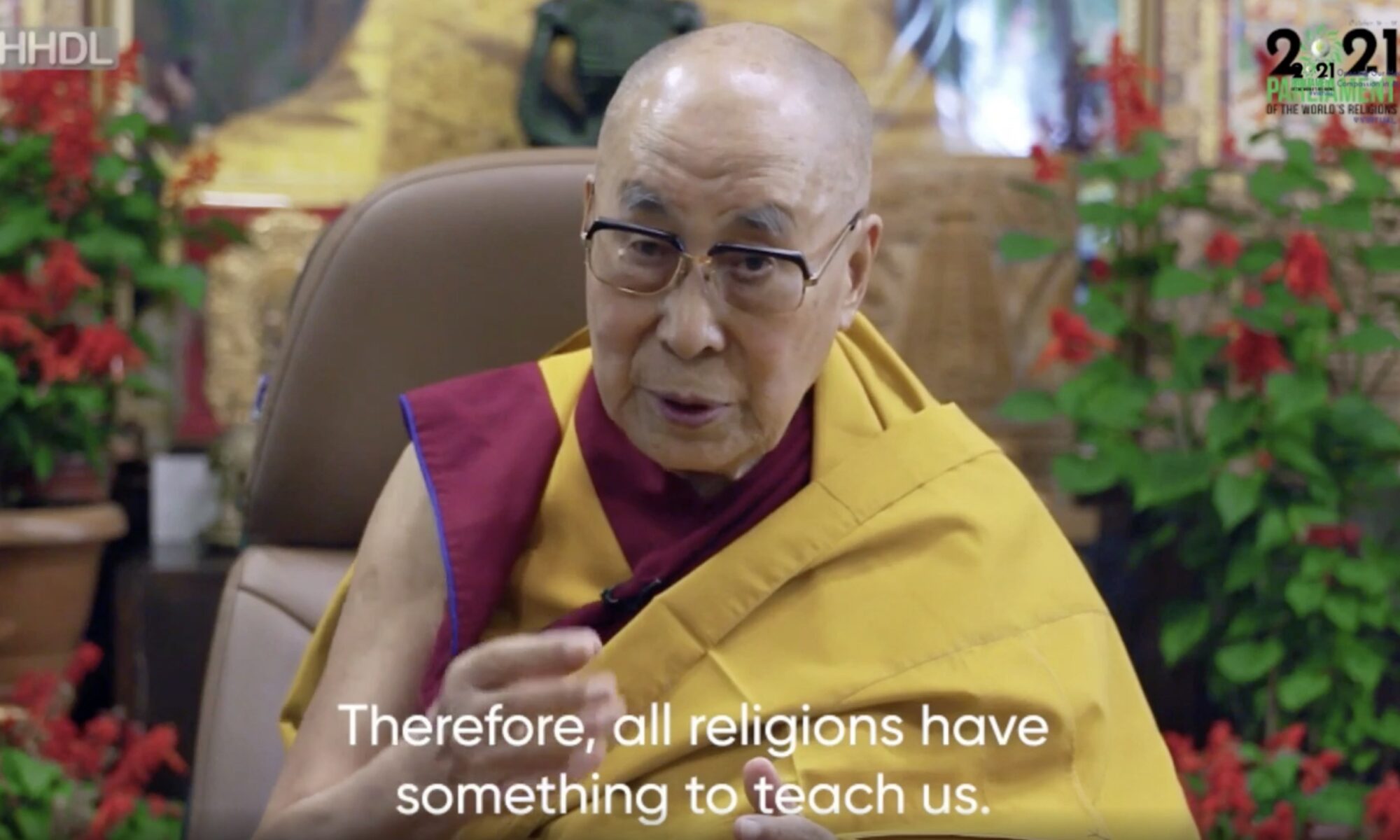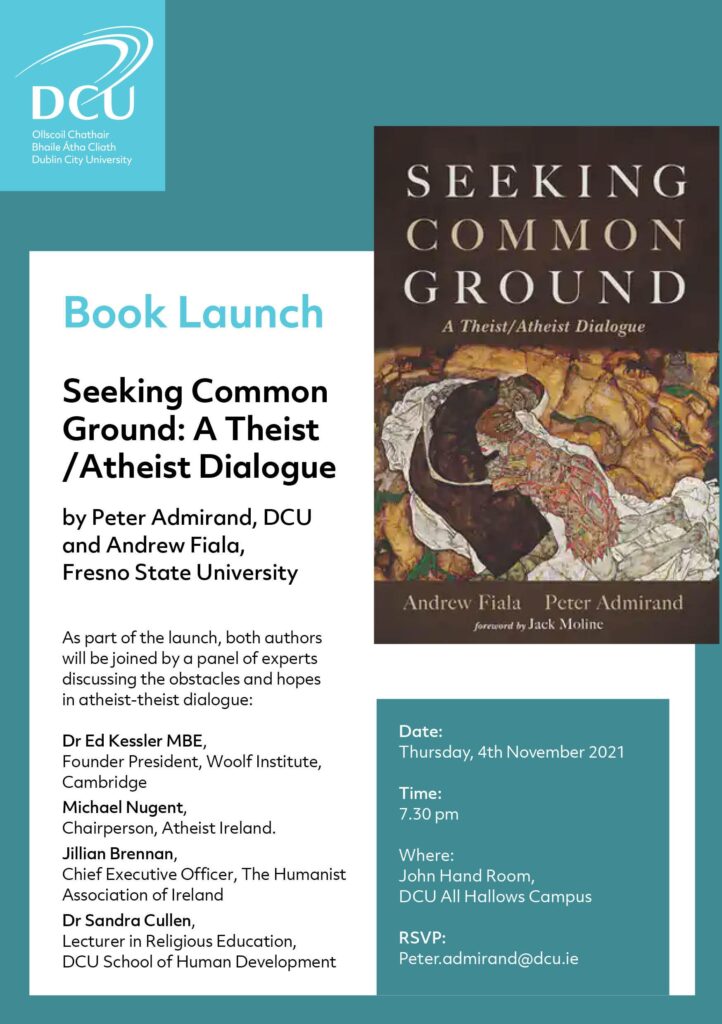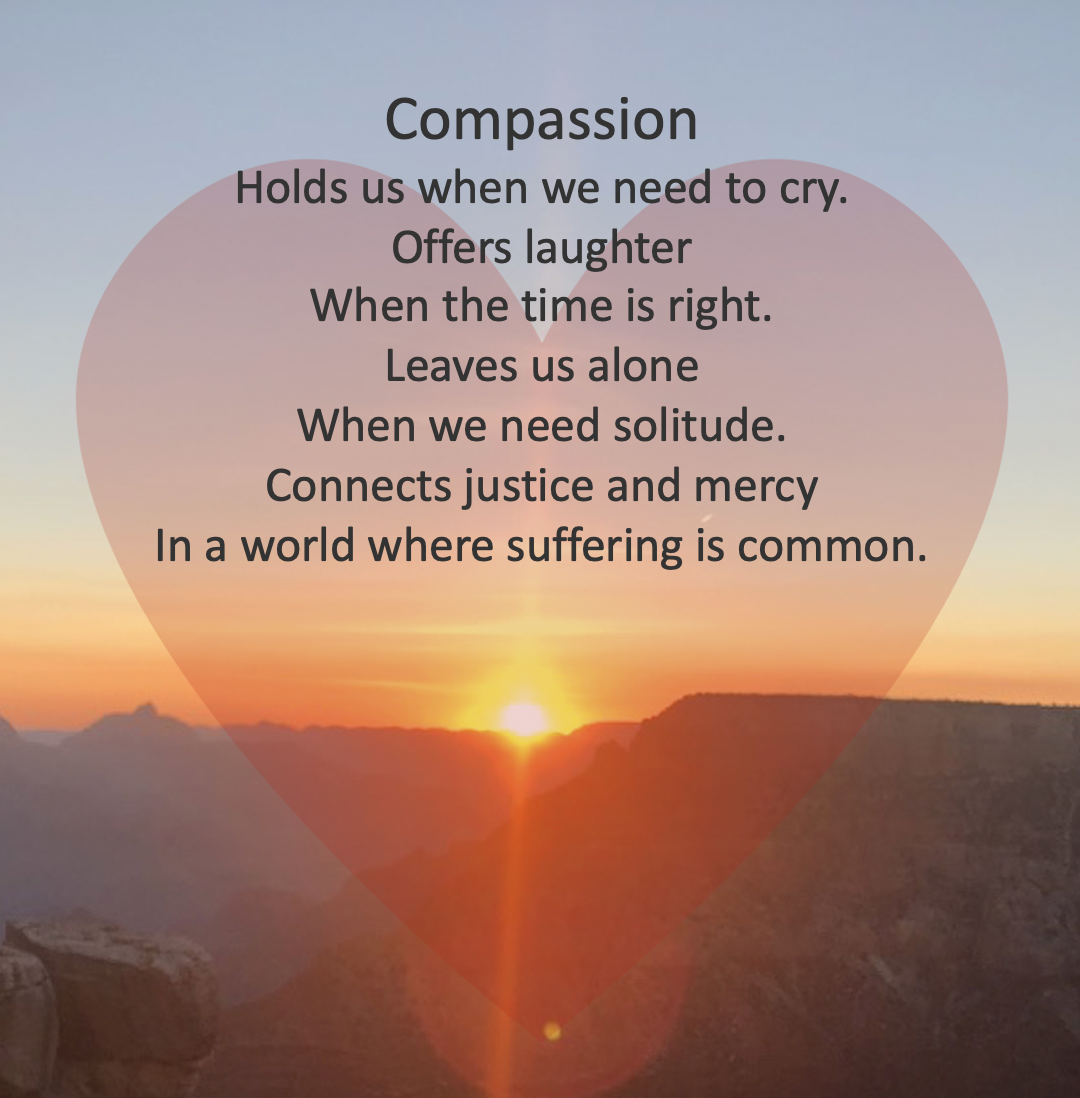Donald Trump recently said, “Sometimes revenge can be justified.” He was responding to a prompt from Dr. Phil, who had quoted Pope Francis on the importance of forgiveness and overcoming resentment. Despite this prompting, Trump opted for revenge.
Some Trumpians may agree that Trump would be justified in seeking revenge against his enemies. And of course, there is an open question about what Trump’s vengeance would look like. In the Dr. Phil interview, Trump said he was hoping for “revenge through success.” Maybe he merely means that electoral victory would be a kind of revenge.
But left-wing pundits have pounced on Trump’s remarks, warning that Trumpism has devolved into a cult of personal vendettas. And in fact, revenge has long been essential to the Trump brand. Long before he ran for president, Trump said, “Always get even. When somebody screws you, you screw them back in spades.”
This idea is immoral. Most adults agree that “two wrongs don’t make a right.” The world’s religious and philosophical traditions counsel against revenge. And many agree with the Pope’s plea for forgiveness and love.
Some go so far as to agree with Jesus about the need to evolve beyond retribution and vengeance. Jesus said, “You have heard that it was said, ‘An eye for an eye and a tooth for a tooth.’ But I say to you, Do not resist one who is evil. But if anyone strikes you on the right cheek, turn to him the other also.”
The retributive idea of eye for eye, tooth for tooth, may appear to have something in common with revenge. But revenge is wildly emotional and often exceeds the limits of retaliation. Retributive justice imposes strict limits on what can be done in return for wrongdoing. Only one eye for one eye—and no more.
The excessiveness of revenge is one of the reasons that criminal justice has nothing to do with it. Criminal justice is not meant to carry out personal vendettas. Rather, it is enacted by legitimate public authorities by due process. Punishments established by law are not intended to satisfy a victim’s desire for vengeance. Rather, these punishments are limited, rational, and calmly and deliberately imposed.
These limits are essential for overcoming cycles of violence and revenge. Revenge is emotional and often disproportionate. The desire for revenge quickly escalates violence. And let’s admit it, revenge fantasies can be fun. The Greek poet Homer said that the desire for revenge was like honey for the soul. This is why revenge may also be addictive, as Dr. Phil said in his interview with Trump. Resentful people seem to enjoy brooding over their injuries and plotting vengeance.
The unreasonable and emotionally excessive nature of revenge leads most philosophers to condemn it. Plato distinguished justice from the “unreasoning vengeance of a wild beast.” Four hundred years ago, Francis Bacon described revenge in similar terms as “wild justice.” He thought civilized law ought to “weed out” revenge.
Among the arguments against revenge is the idea that revenge harms those who seek it. This is the meaning of an old proverb that says, “When you seek revenge, dig two graves.” The Dalai Lama has said something similar, “Indulgence in resentment and vengeance will only further and increase miseries for oneself and others.”
The idea that revenge rebounds and hurts the one seeking it is a common theme in literature. Captain Ahab’s desire for revenge against Moby Dick leads to his doom. And Hamlet ends up dead at the end of his mad quest for revenge.
Another problem is that the spirit of revenge dwells on the pain of the wrongful deed. Bacon said, “A man that studies revenge keeps his own wounds green, which otherwise would heal.” Revenge broods over the past wrong. It prevents us from healing, reconciling, and moving forward.
Forgiveness and love work otherwise. Martin Luther King explained, “Man must evolve a method which rejects revenge, aggression and retaliation. The foundation of such a method is love.” This does not mean that we give up on justice. Wrongs must be redressed. But enlightenment is found beyond the noxious spirit of vengeance and the idea that revenge can be justified.
Read more at: https://www.fresnobee.com/opinion/article289246125.html#storylink=cpy






